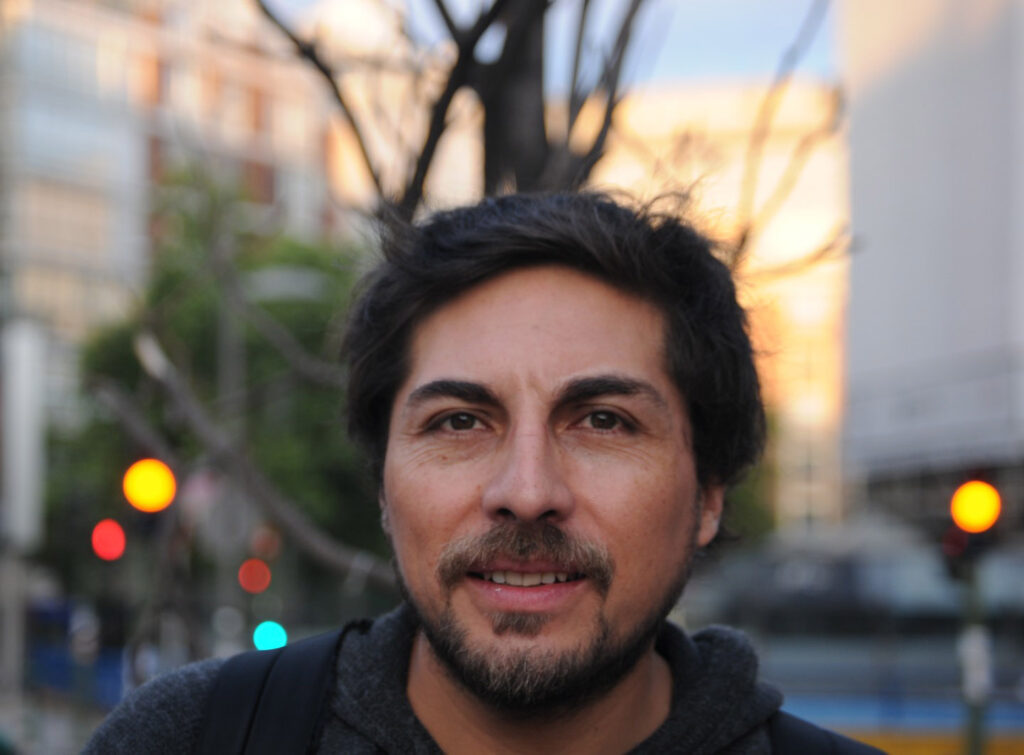Bolivian sociologist and researcher with two decades dedicated to international aid in various NGOs. He is an international consultant on issues related to development and democracy in Latin America and the Caribbean, while furthering his studies at the Complutense University of Madrid. He has written widely distributed research on natural resources, youth activism, the closing of spaces for democracy and the care economy. He will support The Sherwood Way as an analyst on Latin America and prospective studies.
What do you consider to be the main challenges of the cooperation sector at present?
The international development community is reorganising itself around the two great agendas of the times: inequality (mainly economic, gender and ethno-racial) and climate change. Perhaps the greatest challenge that both agendas pose for the development community is their systemic nature, which not only requires a more holistic approach, but also questions the asymmetrical relationships whereby the unlimited growth of some economies occurs at the cost of the impoverishment and environmental destruction of the rest of the world.
In this sense, the development community needs to review the way in which it relates to the so-called «recipient» countries, the development model it promotes, but mainly the consequences – not only historical but also very current – that the development of the so-called «provider» countries has on the rest of the world.
How do you think they should be addressed?
What can be done to address these challenges? The scientific and academic evidence on the causes of climate change and the conditions of inequality is overwhelming, it is necessary that the development community continues to integrate this knowledge into its policies and strategies, the pressure of economic power groups cannot set the agenda of cooperation over scientific evidence and the framework of the SDGs. Greater efforts are needed to establish symmetrical relations between the OECD countries and the so-called Global South, allowing for a rethink of the transition proposals from both perspectives, so as not to continue an inequitable transition that once again guarantees the economic growth of developed countries to the detriment of the rest.
Various citizens’ movements, diverse cultures, academics, etc. are creating alternatives from the South, and it is important that the development community facilitates listening to them, the dissemination of this knowledge and the models they propose, insofar as they are knowledge or know-how that point towards other forms of social relations and with the environment, which are very necessary in the current systemic crisis.



